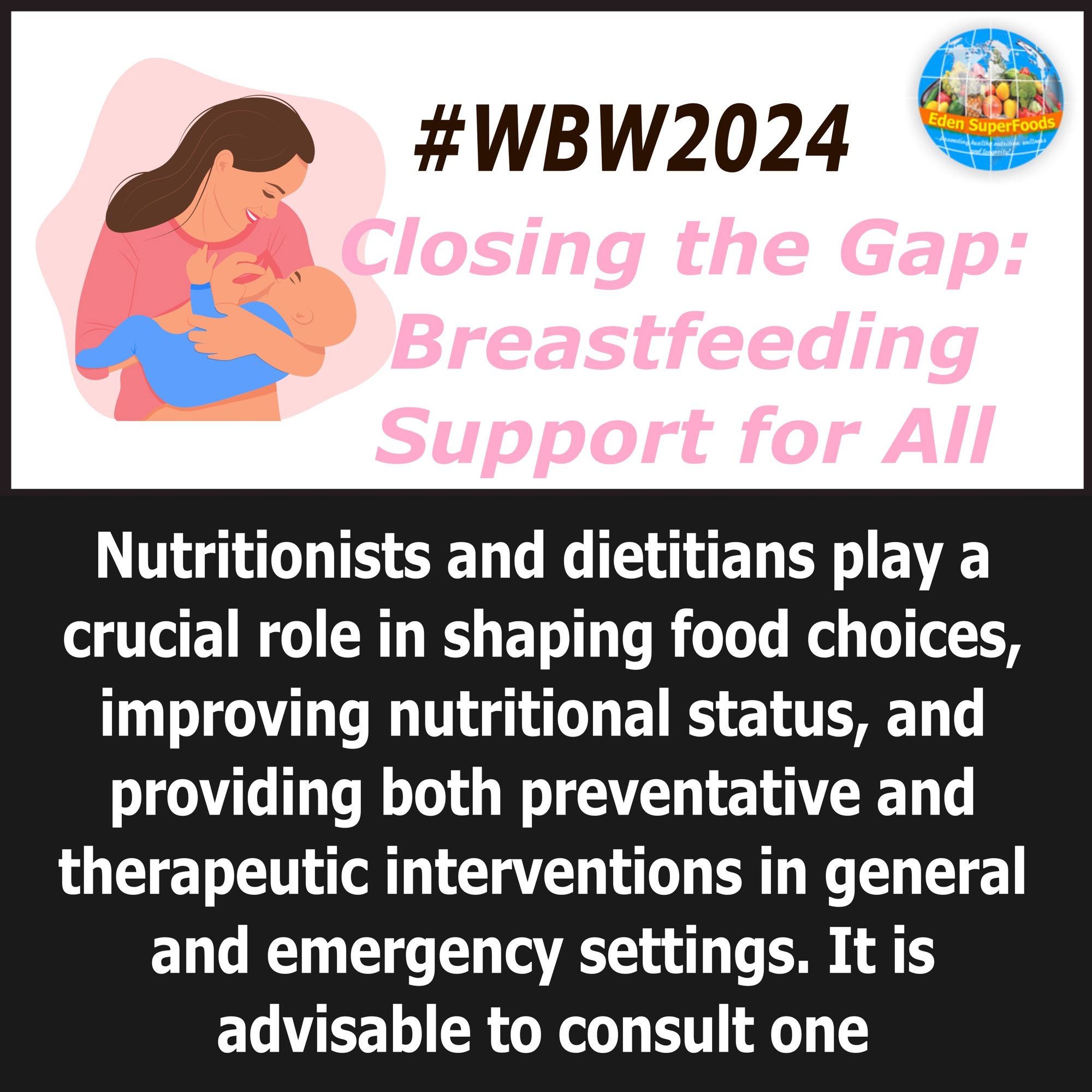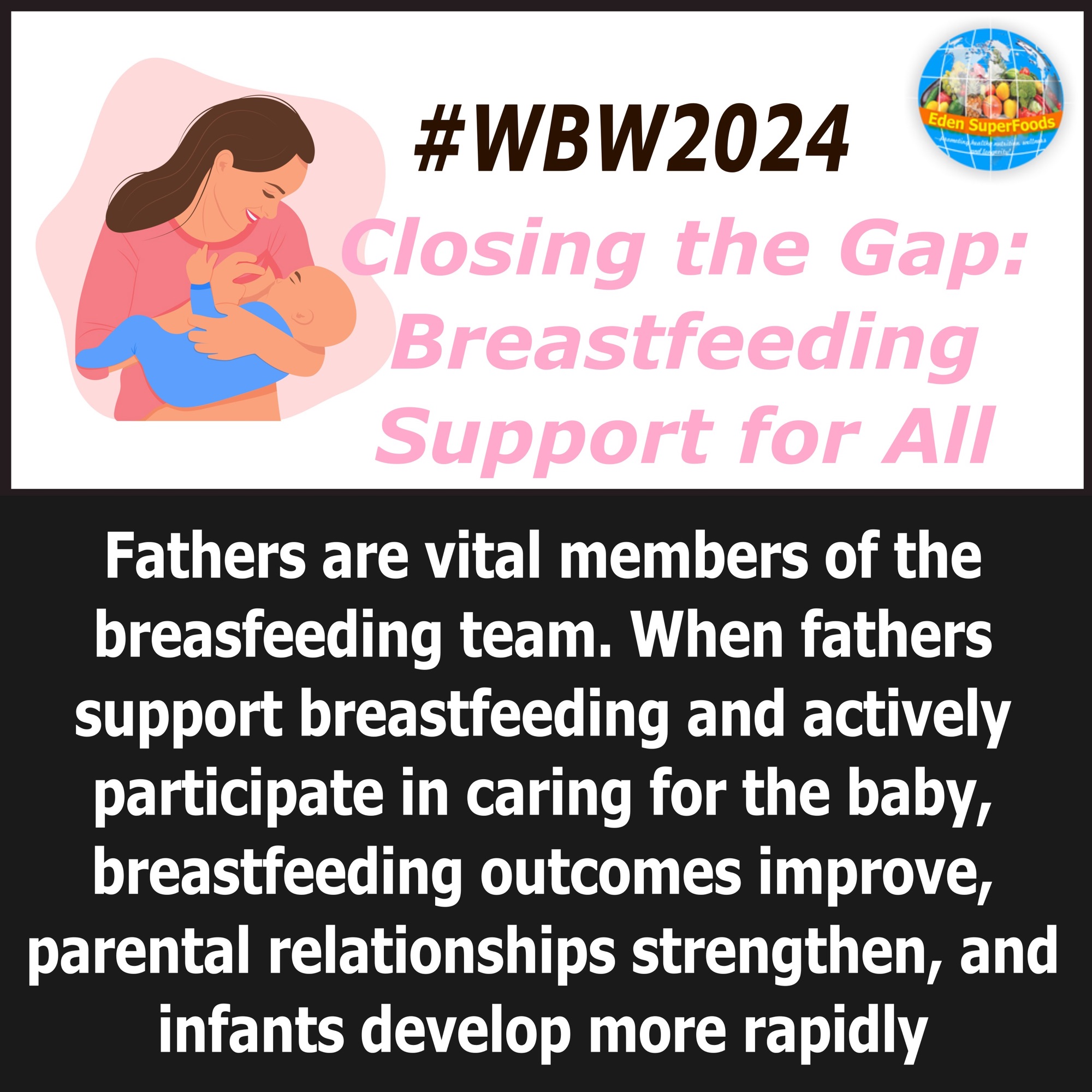Breastfeeding is an important aspect of maternal and child health, and it is recommended by the World Health Organization (WHO) that infants should be exclusively breastfed for the first six months of life. However, returning to work after maternity leave can make it challenging for new mothers to continue breastfeeding their infants.
One solution is to provide adequate breastfeeding facilities at the workplace to encourage and support employees who have recently returned from maternity leave. Unfortunately, only 42 out of 195 countries worldwide have laws mandating such facilities. This indicates a need for employers to be proactive and provide breastfeeding-friendly workplaces.
Here is a list of the countries that currently mandate workplace breastfeeding facilities:
- Argentina
- Barbados
- Belize
- Benin
- Brazil
- Burkina Faso
- Cambodia
- Cameroon
- Chile
- Colombia
- Costa Rica
- Cote d’Ivoire
- Dominican Republic
- Ecuador
- El Salvador
- Gabon
- Guatemala
- Guinea
- Haiti
- Honduras
- Jamaica
- Kenya
- Lesotho
- Madagascar
- Malawi
- Mali
- Mauritania
- Mauritius
- Mexico
- Mozambique
- Nicaragua
- Niger
- Panama
- Paraguay
- Peru
- Rwanda
- Senegal
- Seychelles
- Tanzania
- Togo
- Uruguay
- Zambia

It is worth noting that even in countries without mandated workplace breastfeeding facilities, there are still steps employers can take to support breastfeeding moms. For example, providing a private and comfortable space for nursing and pumping, as well as allowing flexible work schedules to accommodate the needs of new mothers, can all make a significant difference.
The benefits of breastfeeding are well-documented, and it is alarming that so few countries require workplace breastfeeding facilities. Employers must recognize the importance of supporting breastfeeding mothers and take action to provide the necessary accommodations to enable them to continue breastfeeding while also being able to return to work.





